
Julia's BeeYard
— Certified Master Beekeeper —
About Me
Welcome! I'm Julia. I've been keeping bees for several years, and what started as simple curiosity has grown into a real passion. The more time I spend with my colonies, the more I realize how much there is to learn from them. I try to keep my beekeeping as natural and thoughtful as possible. My focus is on understanding how bees live and what they actually need, rather than following rigid systems or trends.
I use a science-based approach because I believe that good information helps us make better choices for the health of our bees. This commitment led me to complete a multi-level university program, advancing through Apprentice and Journeyman to finally earn the Master Beekeeper certification. This doesn't mean I have all the answers, but it gives me a solid foundation to keep learning and improving.
This BeeYard is where I record my personal observations, data, and experiences. It's my way of keeping track of what works, what doesn't, and what I'm still figuring out. Mostly, it's a space to stay curious and keep growing alongside the bees.

My Philosophy: Informed Stewardship
For me, beekeeping is about paying attention and making thoughtful, practical decisions. I don't follow rigid rules; I focus on understanding what the bees actually need. My advanced training wasn't about having all the answers, it was about giving me the tools and knowledge to make informed choices and reduce mistakes.
This means observing carefully, responding to what I see, and adapting my approach as needed. From genetics and nutrition to hygiene and overall bee health, every decision is guided by the current needs and long-term well-being of the bees.
I see my role as a responsible partner: supporting their health, helping them thrive, and applying proven practices in a way that works for each situation. It's about being informed, adaptable, and committed to practical, science-based beekeeping.
The Foundation of My Beekeeping
My approach rests on four interconnected principles. Each one informs the others, creating a comprehensive framework that guides every decision I make in the apiary.
Securing the Foundation
The health of the bees starts with their environment. I focus on selecting sites that provide diverse, consistent forage and a stable setting. This includes access to a variety of flowers throughout the season, protection from extreme weather, and minimal exposure to pesticides or other stressors. Providing excellent external resources is the most effective way to support their overall well-being and reduce stress. A strong environment forms the foundation for healthy, resilient bees and makes all other management decisions more effective. By paying attention to where and how the hives are placed, I can create conditions that allow the bees to thrive naturally.
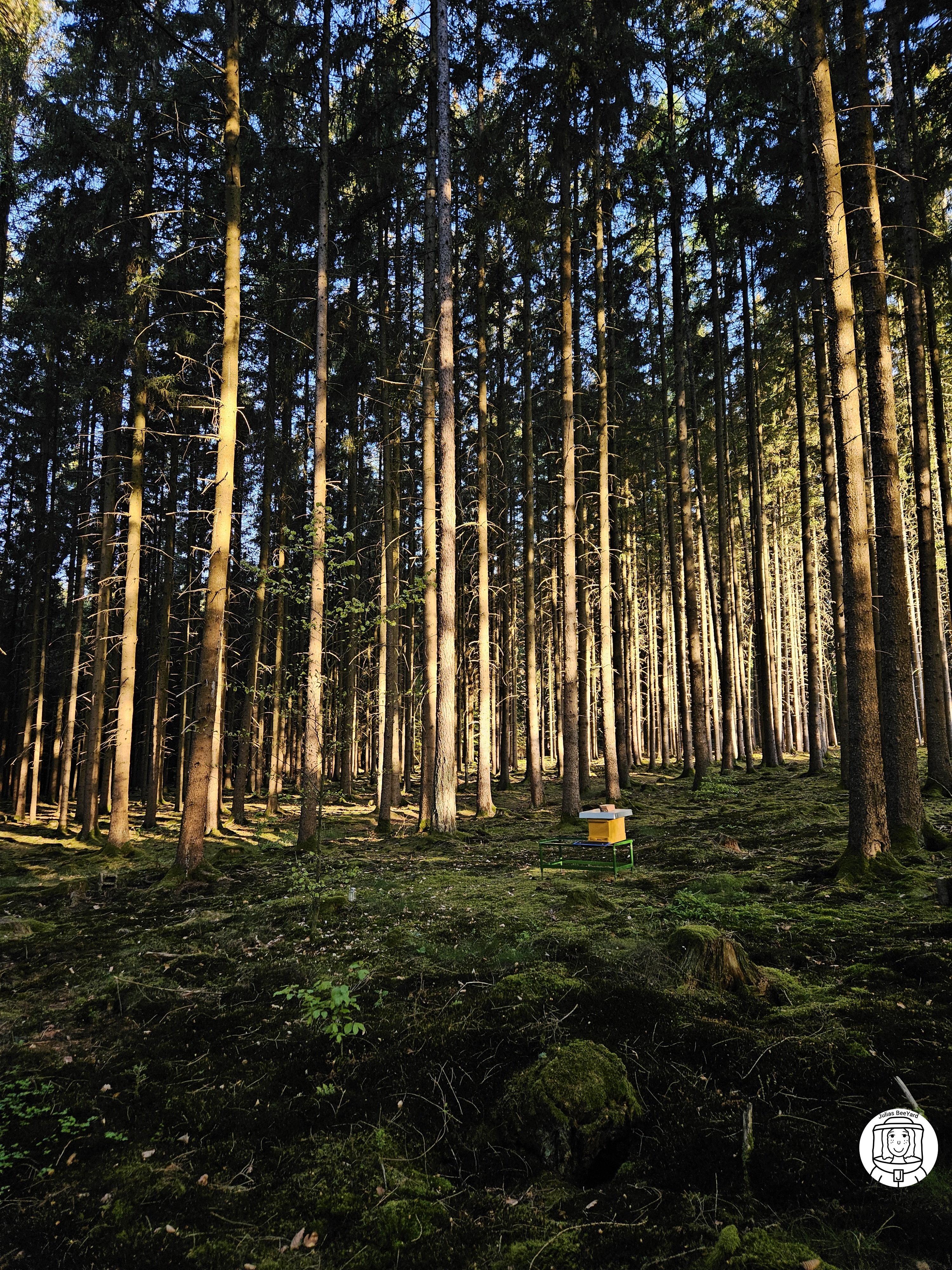
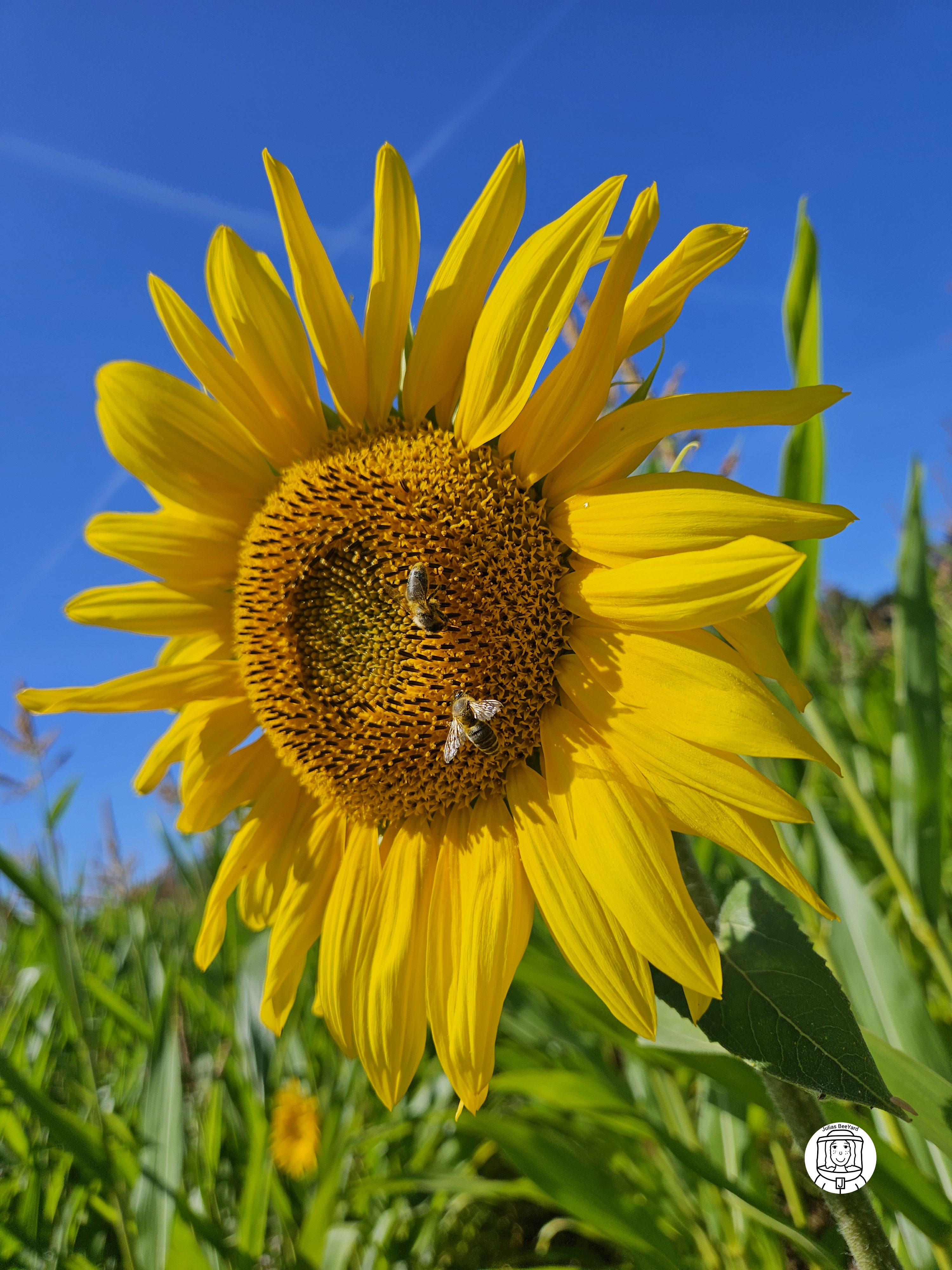
Focusing on Quality
Even as a small-scale beekeeper, I pay careful attention to the genetics of my bees. My goal is to strengthen the traits that help them thrive naturally, such as calm temperament, good hygiene, and overall resilience. This requires a practical, step-by-step approach: observing the bees, selecting for positive traits, and supporting colonies that are healthy and well-adapted. By focusing on these qualities, I aim to give the bees the best chance to succeed on their own terms, reducing the need for intervention while supporting strong, balanced colonies.
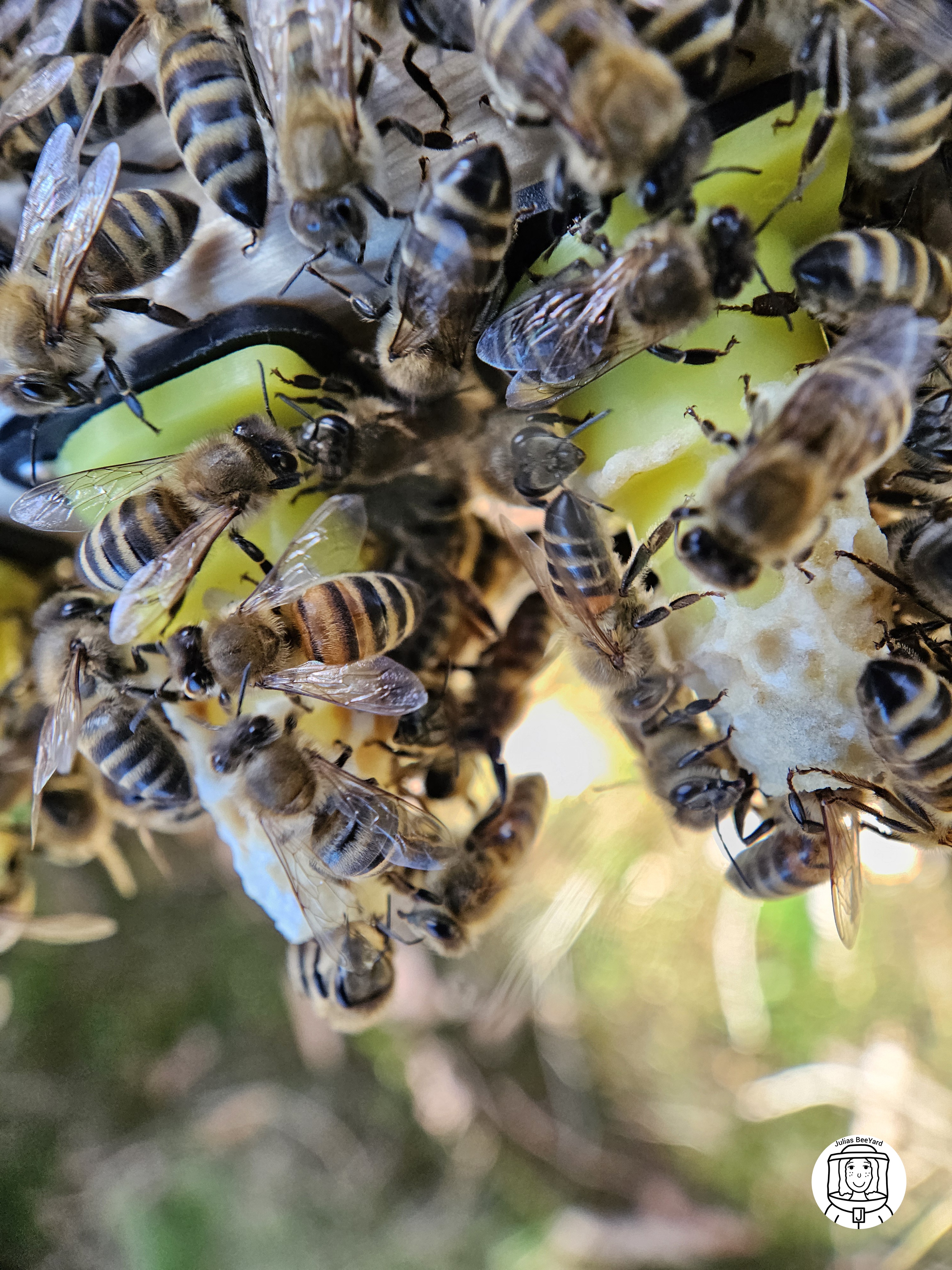
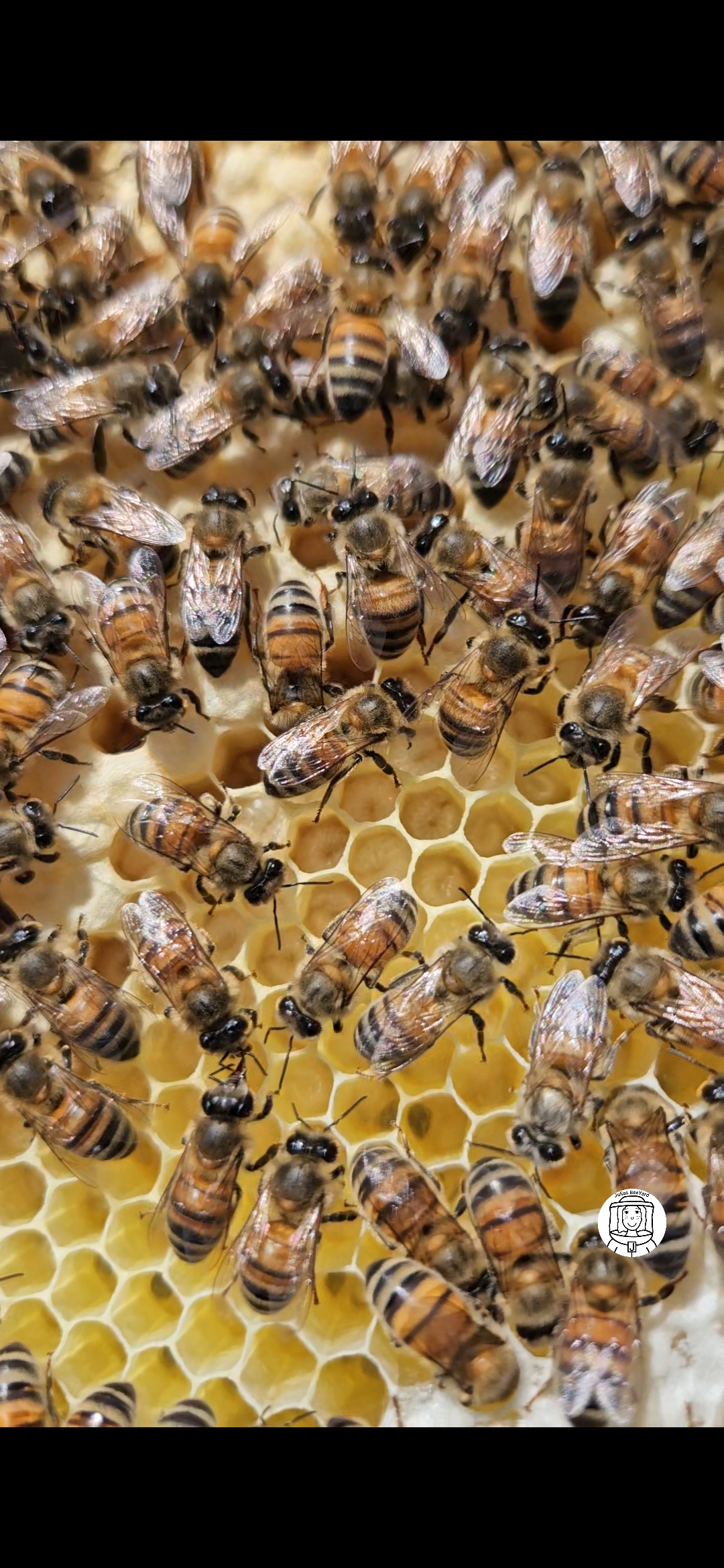
Reading the Signals
I don't follow rigid, calendar-based routines. Every visit is an opportunity to see how the bees are doing and to assess their current needs. I pay attention to a range of visual and behavioral cues: how they move, how the brood looks, the state of food stores, and overall activity levels. These observations guide my decisions, helping me respond quickly and appropriately rather than relying on preset schedules. This approach allows me to make adjustments that are practical and effective, whether it's providing extra nutrition, checking for signs of disease, or managing space in the hive. By interpreting these signals carefully, I can act in a way that supports the bees' health and growth, while keeping interventions minimal and targeted. Observation is at the core of my practice, it's how I stay informed, make better decisions, and ensure the bees' well-being comes first.


Planning for the Long Run
Beekeeping extends beyond a single season, and I approach it with a long-term perspective. This means keeping careful records, observing trends, and paying attention to changes in the environment over time. While I prioritize letting bees follow their natural rhythms, I also recognize that there are times when action is necessary. Using the information I gather, I aim to intervene only when it's needed, and always in a precise and minimal way, to protect the bees' health and ensure their survival. The focus is on supporting strong, resilient colonies that can thrive not just now, but in the years ahead. Planning for the long run is about combining careful observation, thoughtful decision-making, and practical action to maintain the health and vitality of the bees over time.
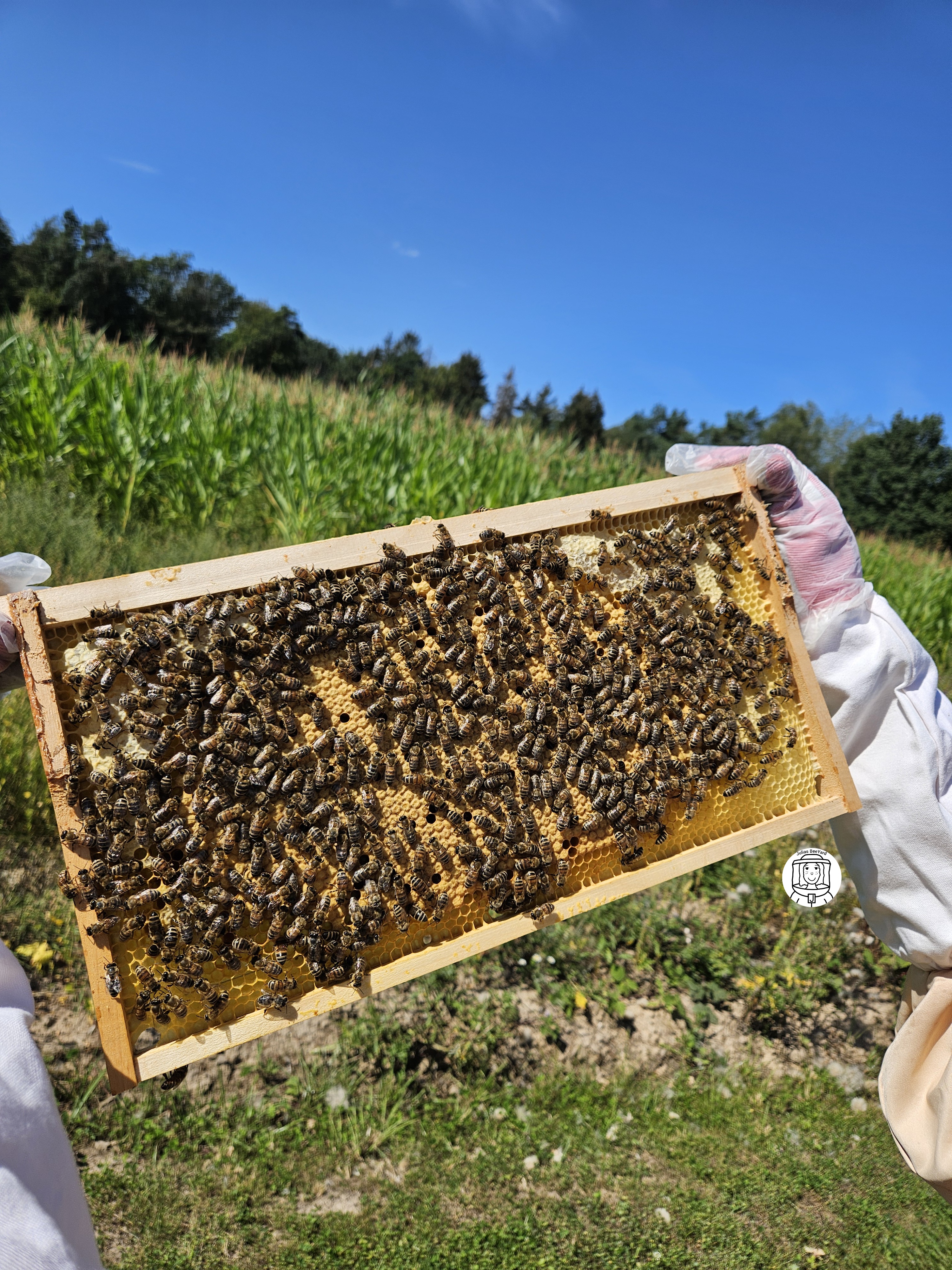
The Work Continues
Having completed my Master Beekeeper certification, I'm focused on applying what I've learned in practical, real-world conditions. For now, I share regular updates and observations on social media, where you can follow the ongoing journey with my colonies.
This space may grow over time, but for now, social media remains the best place to see the day-to-day work, seasonal changes, and the small discoveries that make beekeeping endlessly fascinating.
Personal Documentation Notice
All content shared here and on social media represents my personal beekeeping diary and learning documentation. These are individual observations from my own hives and experiences, not intended as instructions, recommendations, or professional guidance for others.
Every beekeeper's situation is unique, what I document here reflects only my specific conditions, decisions, and outcomes. This is a personal journal, not educational material or expert advice.